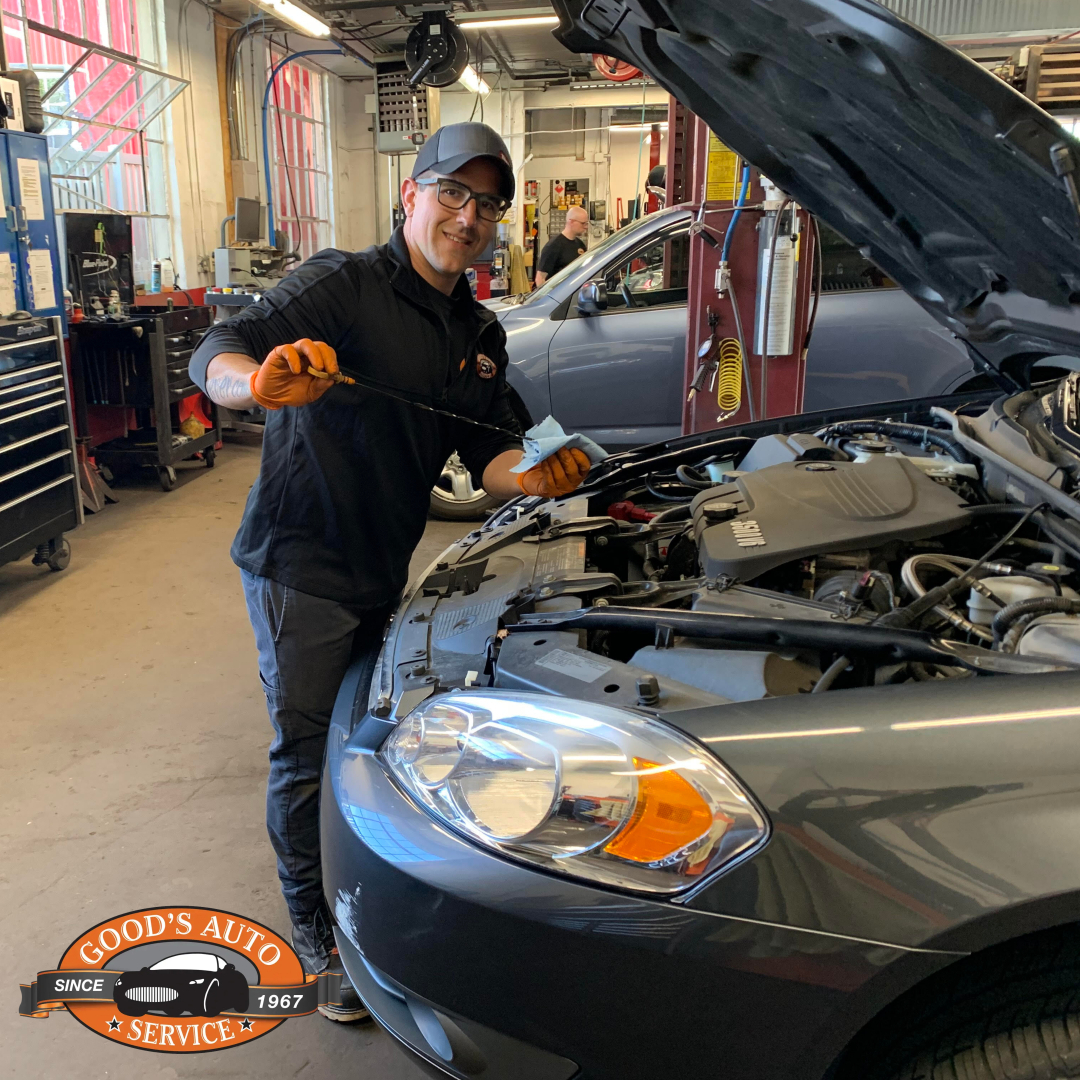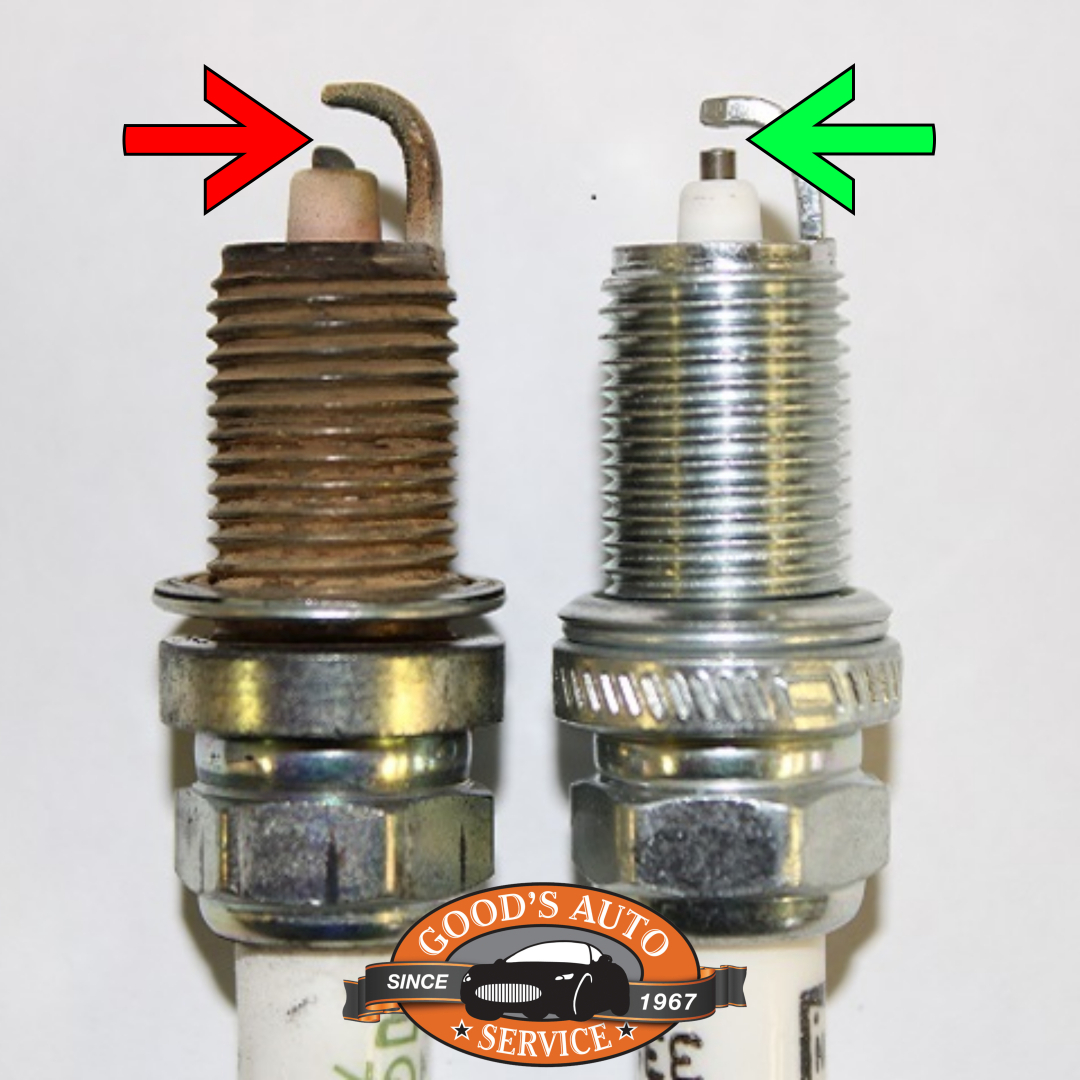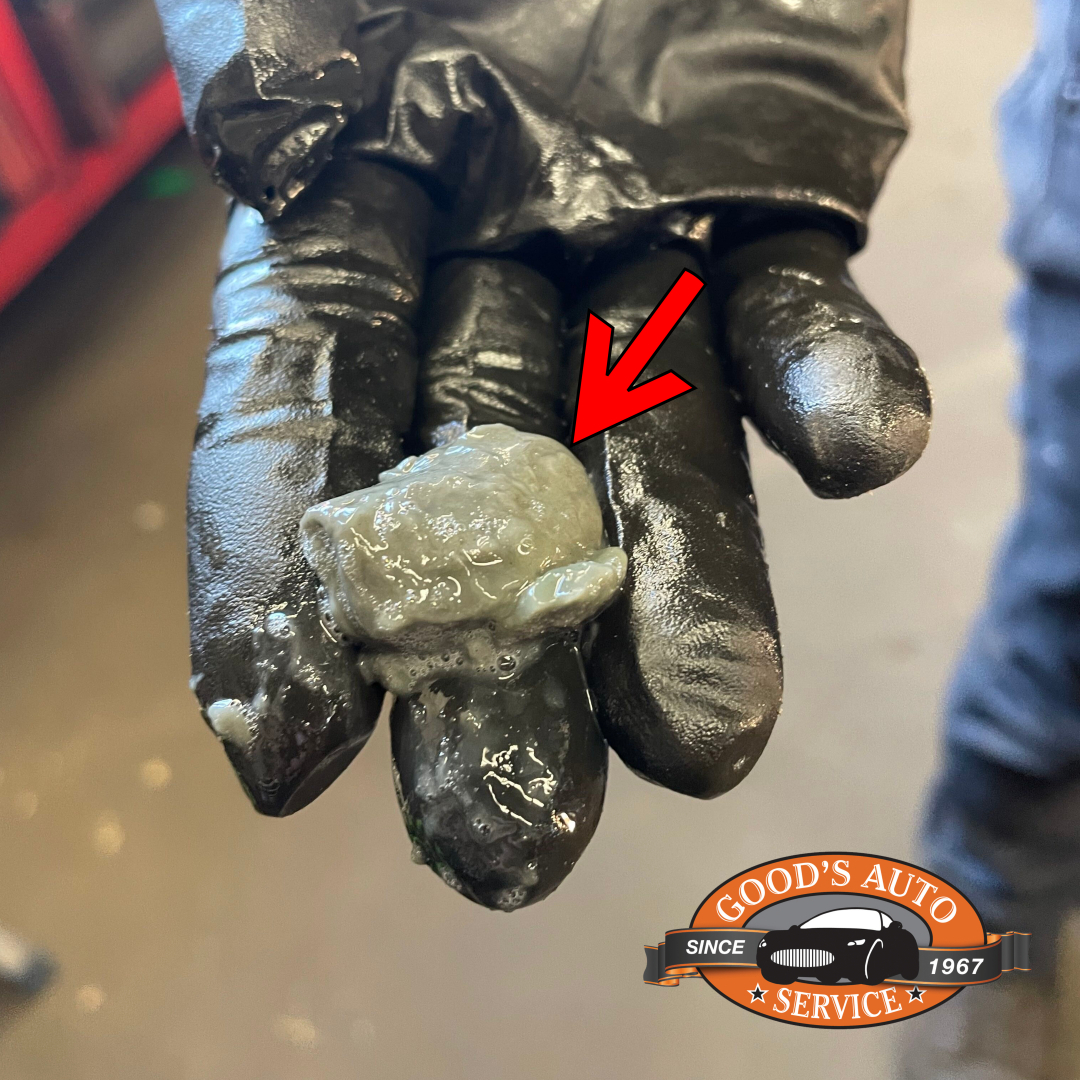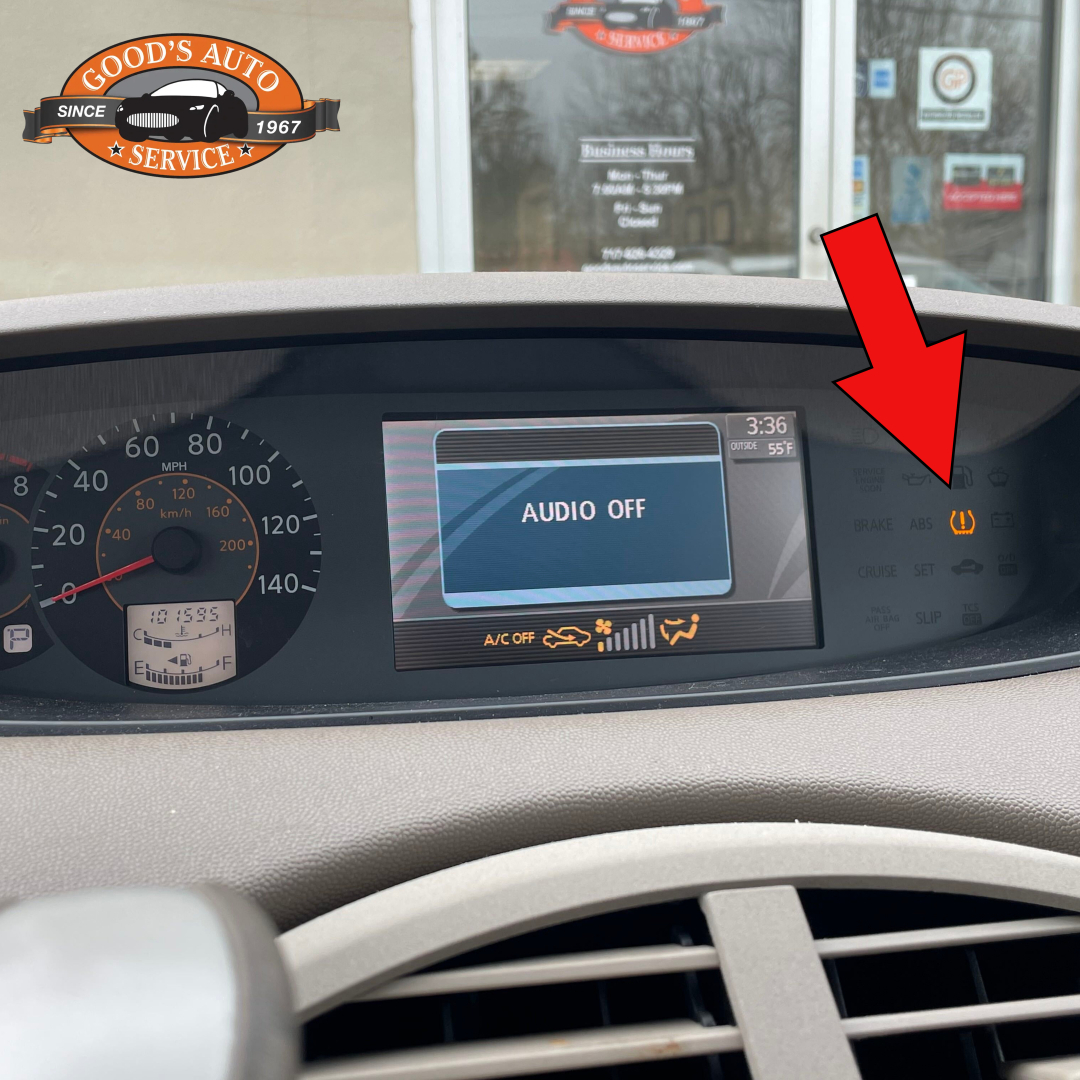Posted on 4/22/2024

It would seem that checking the oil level in your car’s engine should be auto maintenance 101. However, on a weekly basis we find vehicles that have no oil on the engine oil dipstick. This is a sign that the oil level is being neglected. To put it bluntly, a lack of oil will cause engine damage or complete engine destruction. We recently had a 2015 vehicle that was towed in to our shop for a no-start condition. We discovered that the timing chain had failed, causing the engine to not start. When the engine oil was drained out, there were 2 quarts of oil in the engine. It holds 5 quarts when full. We also found that there was piston/valve contact resulting in an engine that was destroyed. All of this could have been prevented had the oil level been checked routinely. It is our recommendation that the engine oil level be checked monthly. A comment that we hear frequently when talking with a client about oil consumption is, “But I should be OK, my oil light was not on yet&rd ... read more
Posted on 4/3/2024

If you’re a client at Good’s Auto Service and your vehicle has over 80,000 miles, you’ve probably heard us talk about spark plug replacement. But what exactly are spark plugs, and why are they important? To understand the importance of spark plug replacement, you first need to know what a spark plug actually does. Let’s discuss. Spark plugs are a vital component in the starting and running of your engine. They are typically located on the top of the cylinder head, and create the spark needed to ignite the air/fuel mixture in each cylinder. When this “explosion” happens, it pushes down on the pistons, giving your engine the power it needs to run. This is a continuous process while you drive down the road. In fact, at highway speeds, one single spark plug creates around 600 sparks per minute! Because of this continuous combustion, your spark plugs are subjected to a great amount of heat and pressure. Which leads us to why we recommend replacing your s ... read more
Posted on 3/25/2024

The short answer to this question – absolutely. But why exactly? Let’s break down what coolant (antifreeze) actually does for your vehicle. The main roll of your cooling system is exactly what it sounds like; cooling. It keeps your engine running at the optimal temperature by transferring heat to the radiator. As coolant runs through the engine, it absorbs heat. Once it makes its way to the radiator, it is quickly cooled by airflow from driving and/or radiator fans. Once cooled, it flows back to the engine to start the process over again. Now that’s all fine and dandy, but what about winter months? Being in Lititz, PA, you know our seasons range from sweltering hot to freezing cold. Well, coolant also plays a vital role during those bitter cold months. Because of the ethylene glycol found in coolant, it lowers the freezing point of the engine. This ensures the engine won’t freeze up while sitting out in the freezing cold. Your cooling system is able to effec ... read more
Posted on 2/12/2024

Most vehicles these days are equipped with a Tire Pressure Monitoring System (TPMS), which alerts the driver that one or more of the tires are getting low on air. A yellow light will appear on the dash when the TPMS recognizes the loss of tire pressure. Here at Good’s Auto Service, we HIGHLY recommend that this light not be ignored. Either stop at a gas station that has an air service station, or bring it by the shop to have your tires aired up. Driving around with flat tires is not only hard on your vehicle, it can also turn into a safety hazard if left unchecked. If you check out the pictures attached to this post, it’s pretty easy to see why ignoring that little yellow light is a big no-no.